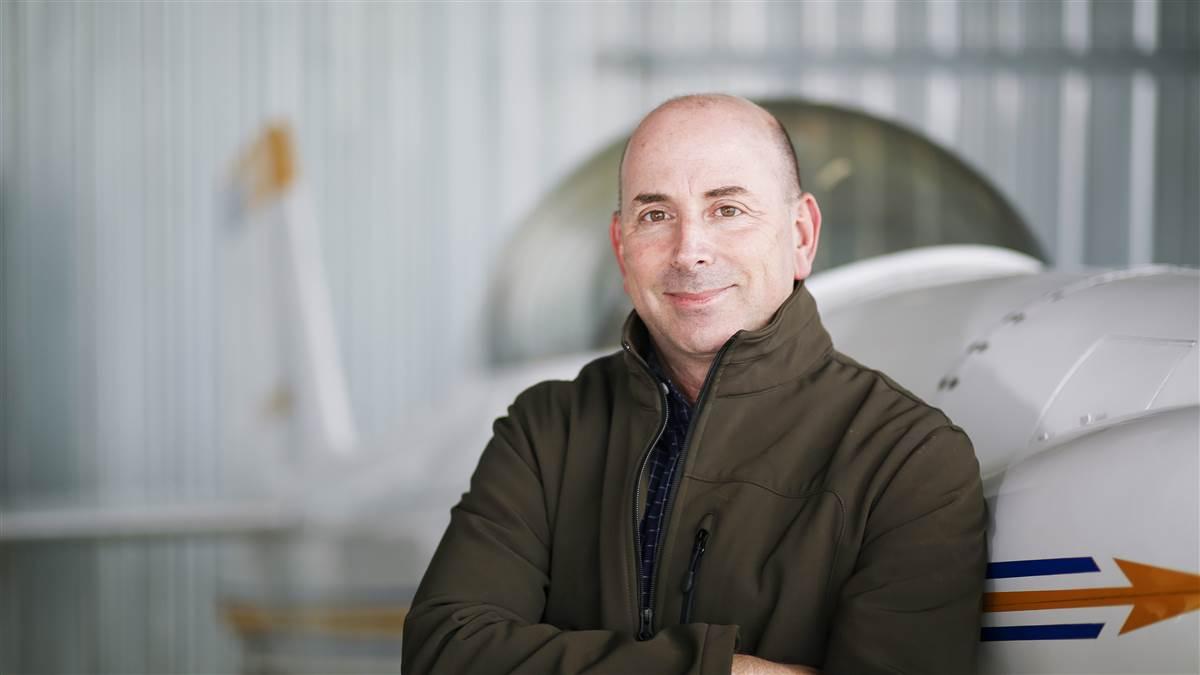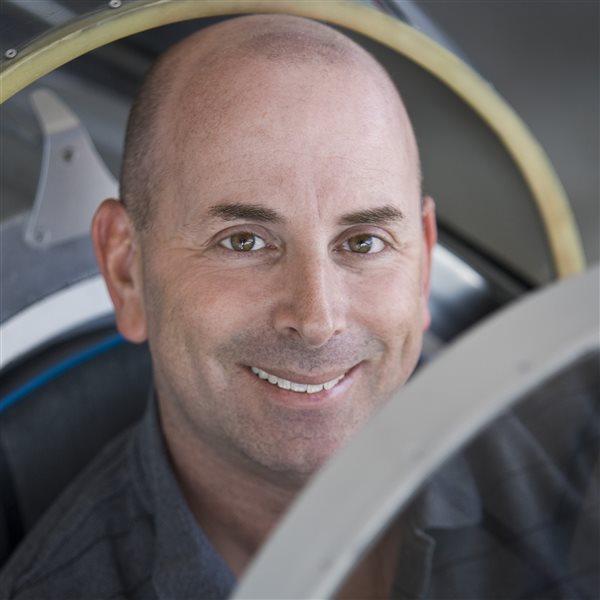Unusual Attitude: Expect pushback

When flying with a primary student, you as the CFI are the expert; you’re responsible for the safe conduct of the flight; and you sign off the student’s logbook at the end to record the training, or make endorsements.
Flying with peers—especially fellow CFIs—isn’t so tidy.
Expect your advice to be taken with a grain of salt; the left-seat pilot may be the pilot in command, and he or she may not be seeking an endorsement at all.
To set a constructive tone, I try to drop the counterproductive CFI habit of impersonating an FAA designee. When I’m checking out another pilot in new-to-them aircraft, for example, I don’t care whether their maneuvers are within checkride standards. Steep turns, slow flight, and other maneuvers give pilots a familiar framework that allows them to interact with an airplane through a range of speeds, attitudes, and configurations. Mistakes are good because pilots quickly recognize them and make adjustments.
Airline pilots do lots of peer-to-peer training—and one airline check airman I knew used to endorse his fellow captains and first officers during the first hour of what were typically multi-day simulator sessions.
“Doing the sign-offs first eliminates the stress,” he said. “Once that was out of the way, we could focus on actual learning.”
In a perfect world, peer-to-peer education is relaxed, respectful, and collegial—but the world I inhabit isn’t always that way. While checking out a fellow CFI in a new-to-her airplane, things went poorly from the outset. When I asked her to leave the alternator off during engine start, she pointed out that my request ran contrary to the aircraft checklist. I told her it was a personal preference based on a leading Beechcraft restorer who had determined that leaving alternators off during engine start and shutdown improved their reliability.
“So you don’t have any actual data,” she said. “You’re telling me to ignore the checklist based on a feeling you have.”
She elected to handle the radios, and as we taxied toward the runway hold-short line, I pointed out that we were still on the airport ground radio frequency.
“You don’t think I know that?” she said.
In the air, she flew the airplane well. She instantly noticed that diminishing speed made the long-body airframe particularly heavy in pitch, small movements of the pedestal-mounted throttle resulted in large changes in manifold pressure, and extending the landing gear created rapid deceleration and a strong nose-down moment. She executed a flawless descent, and her landings were on speed and within 100 feet of the aiming point.
Our debrief, however, was surprisingly testy. I told her that her airmanship was excellent and, except for her landings being slightly left of center, I had few suggestions for improving her stick-and-rudder technique. But I regarded her defensive, argumentative, and frequently interrupting personal style as a serious problem that inhibited cockpit communication and was likely to hinder her future learning in this and other aircraft.
She was a peer, of course, and could disregard my advice at will. But I had flown this kind of airplane all over the continent for a decade, and I had made many mistakes that she could avoid by allowing me to tell her about them. Instead, she was missing that chance by interrupting and talking over me.
“If I tell you something you disagree with or decide to ignore, you can just say ‘Roger,’” I said. “Message received.”
Were these personal criticisms fair? Were they beyond the bounds of strictly aviation-related topics that CFIs ought to discuss in a debrief? Would I have regarded her as “assertive”—not “argumentative”—if she were male? Everything about this conversation made me uneasy, yet the subjects seemed too important to ignore.
By the end of our 15-minute debrief, however, she made a joke that gave me hope.
“So, in a nutshell, what you’re saying is, ‘Listen up and move right,’” she said with a laugh. “Got it.”
Roger.



